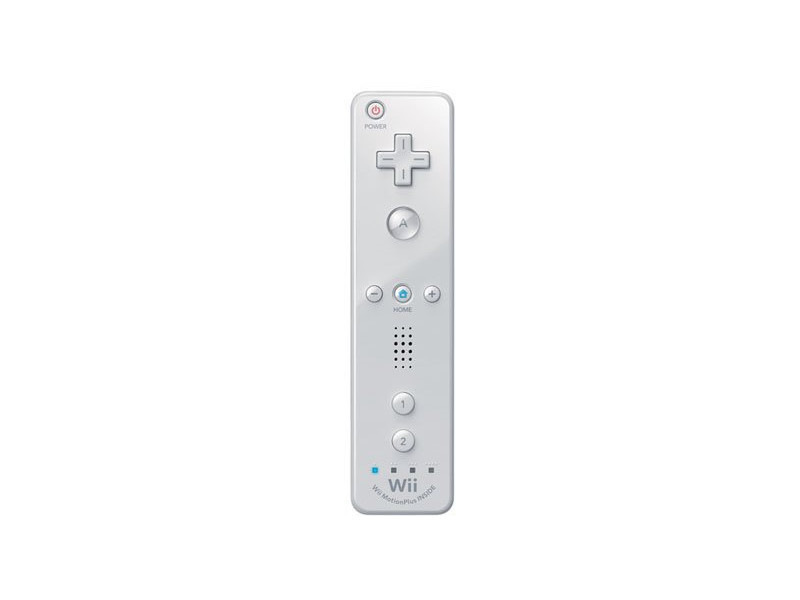D
Deleted member 231381
Unconfirmed Member
Patents are supposed to grant temporary monopolies over the production of a good so that innovators can make profit. In general, whether a patent has been infringed or not can be boiled to: 'Is the good made by the company accused of fringing a realistic substitute for the patented good'. The answer to this is really obviously 'no'. Anyone buying one of iLife's products to, for example, alert healthcare services when you've had a fall in the house is obviously not going to switch from iLife's product to a Wii remote. iLife is not losing any money whatsoever from the existence of the Wii remote, and this will be overturned when it gets to a superior court.
The only reason this succeeded is because it took place in Texas, in a legal environment which is specifically designed to encourage the surprisingly profitable industry that is patent-trolling. It doesn't often affect large companies, since they can afford to appeal and carry on the process, so for Nintendo this is merely an annoyance, but for smaller companies, this can be fatal. It's a real bloc to genuine innovation and the Texan political system ought to be ashamed of itself.
The only reason this succeeded is because it took place in Texas, in a legal environment which is specifically designed to encourage the surprisingly profitable industry that is patent-trolling. It doesn't often affect large companies, since they can afford to appeal and carry on the process, so for Nintendo this is merely an annoyance, but for smaller companies, this can be fatal. It's a real bloc to genuine innovation and the Texan political system ought to be ashamed of itself.



